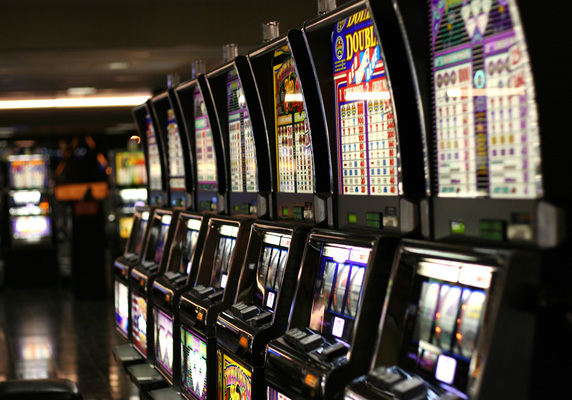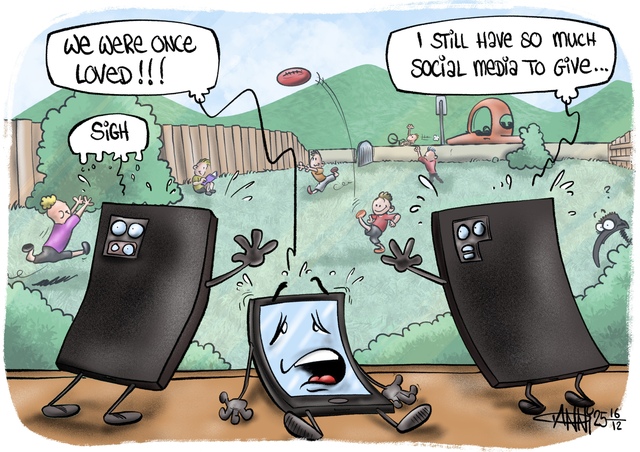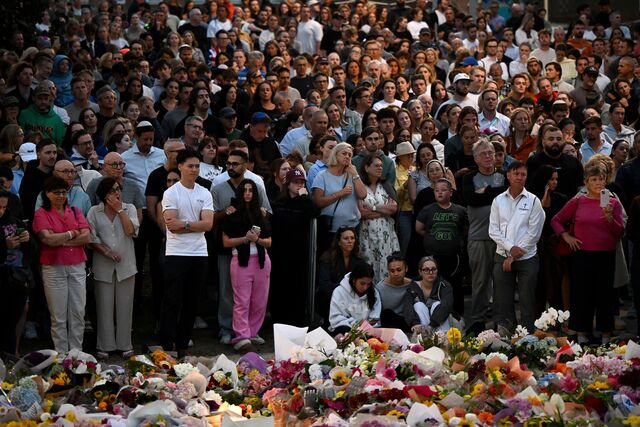Monbulk Bowling Club says that adding 10 new poker machines will help to create a better venue for the community.
The not-for-profit organisation has applied to the Victorian Commission for Gambling and Liquor Regulation (VCGLR) to increase its electronic gaming machines (EGMs) from 30 to 40.
There are 442 pokies in the Yarra Ranges at nine venues, 38 per cent of the region’s cap.
The Victorian Local Governance Association (VLGA) hosted two information sessions about the application at the Monbulk Living and Learning Centre on Wednesday 22 May, after approaching the Yarra Ranges Council and offering to facilitate the discussions.
The Mail attended the 2pm session alongside about 20 people.
Rose O’Leary from the VGLA chaired the event, which she said was designed to empower the community to have their say on the proposal.
She’s funded by the Victorian Responsible Gambling Foundation, which is in turn funded by the Community Support Fund (CSF), which receives funding from EGM revenue.
Ms O’Leary brought with her Carmel, a pokies reform advocate who lost a sister to suicide following gambling addiction.
“Pokies are often seen as fun and entertaining,” Carmel said.
“Like everything in life, there’s always a different side.”
She said playing the pokies often started as a social thing, and people who became addicted kept their struggles secret because of shame.
“They don’t want to lose their family, but they don’t want to lose the pokies,” she said.
“It becomes a thirst that you can’t quench.
“These machines are addictive.”
But Monbulk Bowling Club (MBC) general manager Denise Rutzou likened people playing pokies at her venue to people choosing to spend $50 on dinner and a movie.
“They should be allowed to do that,” she said.
“It’s a form of entertainment.”
She said that adding the extra machines would help to fund a $1.7 million renovation, and would give players more choice.
“We aim to be competitive with the venues off the mountain,” she said.
But Ms Rutzou said MBC was not just a pokies venue, but an important part of the community.
It formed in 1965 to provide a venue for bowlers.
“Bowling remains as the focus,” she said.
Today it’s also a place for locals to meet, eat and relax with friends and family, and employs 21 people.
Ms Rutzou said the venue regularly provided free entertainment for the community and supported community groups with sponsorships and donations.
“Over the most recent three-year period the club has donated a total of $327,281 in cash and kind contributions to the community,” she said.
“With 10 more machines it will allow the club to enhance its facilities and contribute further to its community benefits.”
She said participation in bowls was declining so the club wanted to attract more people through other means, and upgrading the venue was a key part of this.
She said the additional pokies would lock in the revenue needed to make the upgrade happen.
Ms Rutzou said problem gambling was a serious issue.
“The staffing and philosophy of a venue is very important,” she said.
She said MBC displayed gamblers help posters, had no ATM on-site, had clocks on all machines, qualified staff monitored the gaming floor to proactively identify problems, and a venue support worker attended regularly.
“We don’t want to encourage problem gamblers at all,” she said.
“We want people to use and enjoy the whole venue.”
Ms Rutzou said Census statistics showed the population of Monbulk and surrounds did not fit the problem gambling profile, and that studies showed problem gamblers preferred larger or online venues for anonymity.
She said smaller venues with friendly interaction between staff and gamblers were not considered high-risk for problem gamblers.
A Monbulk bowler spoke in favour of the application, and explained that social bowls were running at the time so many others couldn’t make it.
A woman who identified herself as being from Kallista Community House told the meeting that people in the community were struggling and that she was shocked at how much money was being spent on gambling in the hills – rather than on other goods and services in the community.
“It is a loss for the whole community,” she said.
A man who introduced himself as the new Open Door Community Church minister said: “We don’t need any more money going to make family situations any harder.”
At its Tuesday 14 May meeting, Yarra Ranges Council moved to start work on a social and economic impact assessment (SEIA) to “determine either the net benefit or net detriment of the application to the local community”.
The council has commissioned an initial SEIA that will examine the Monbulk community’s characteristics and inform a full SEIA, due for endorsement at the 11 June council meeting.
Community feedback will also inform the council’s SEIA.
The full MBC application can be viewed on the VCGLR website.







